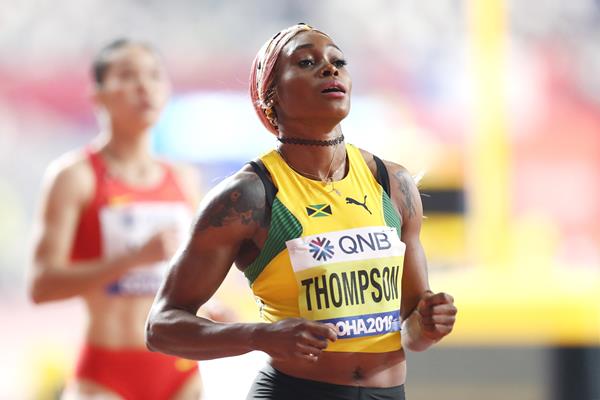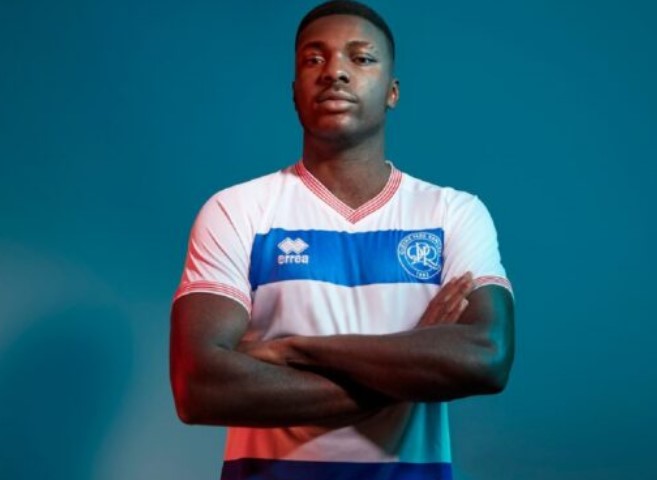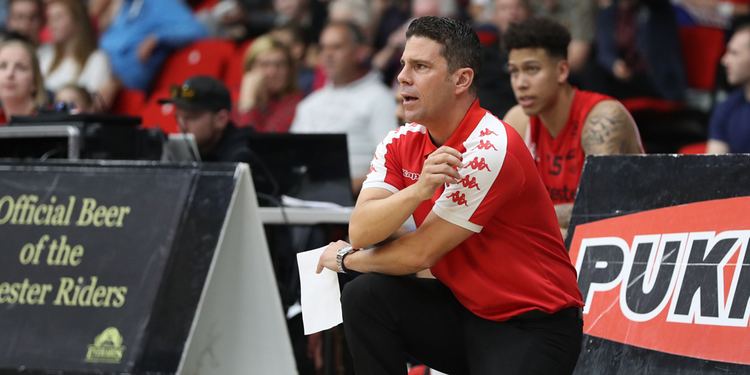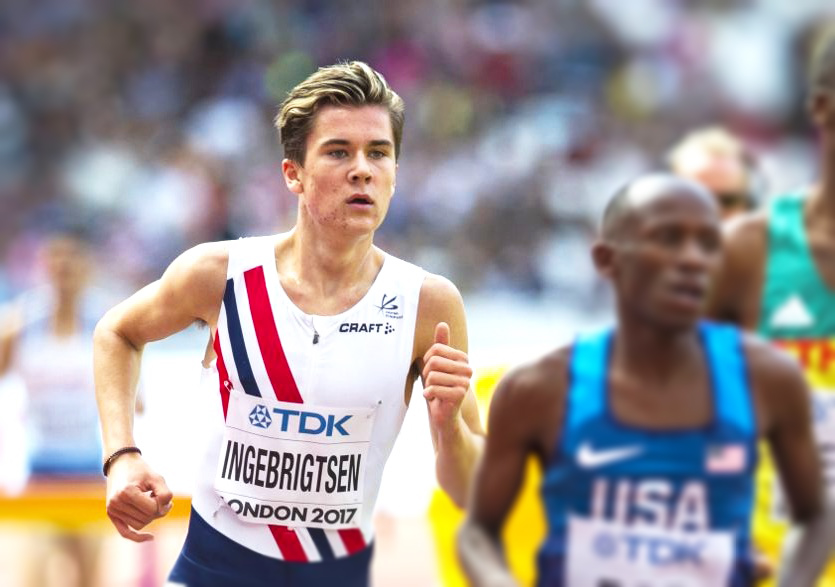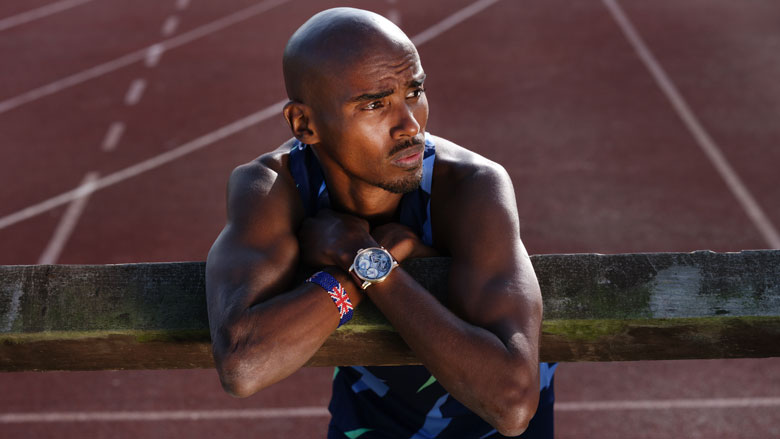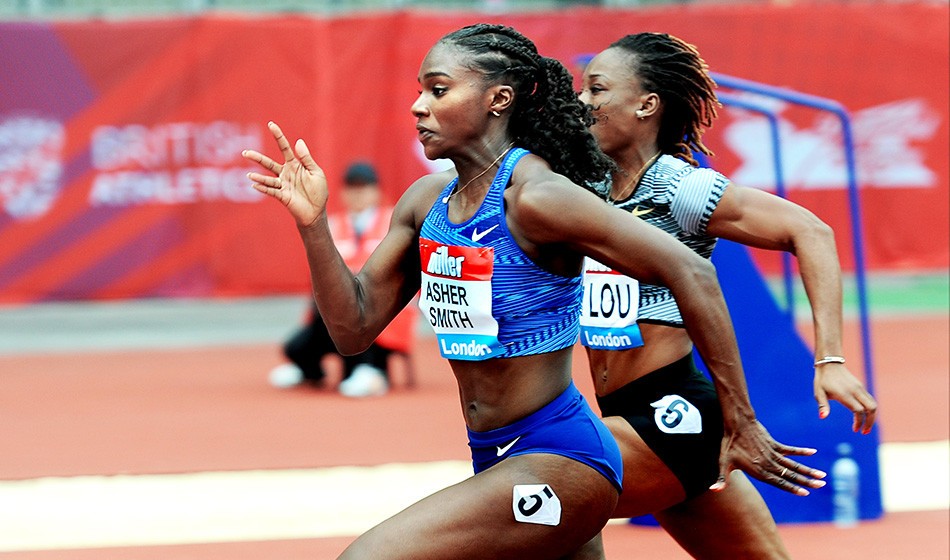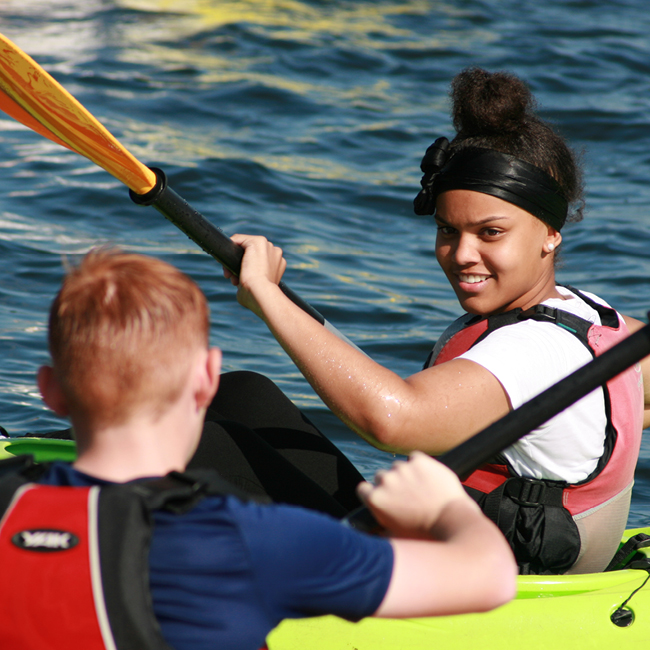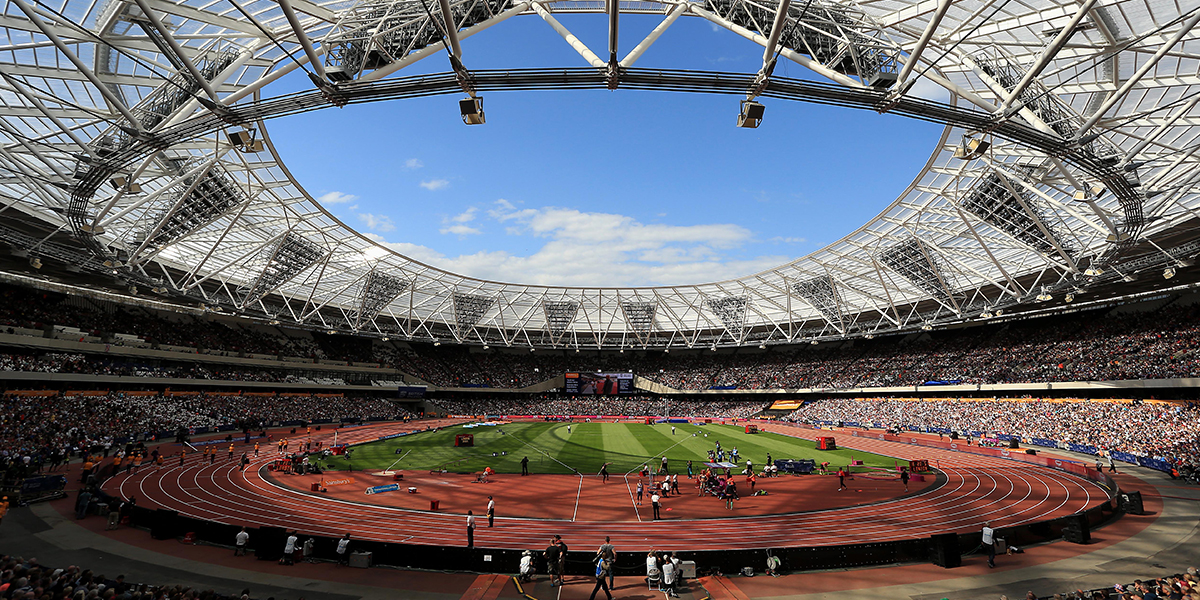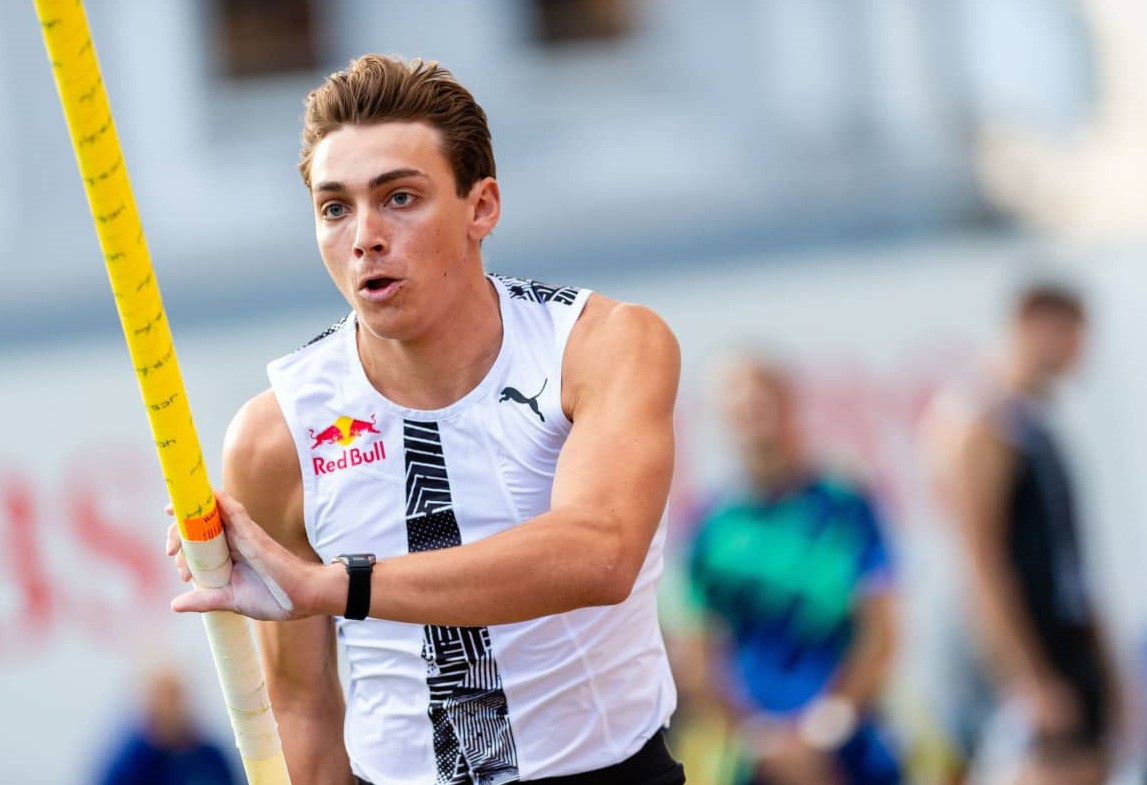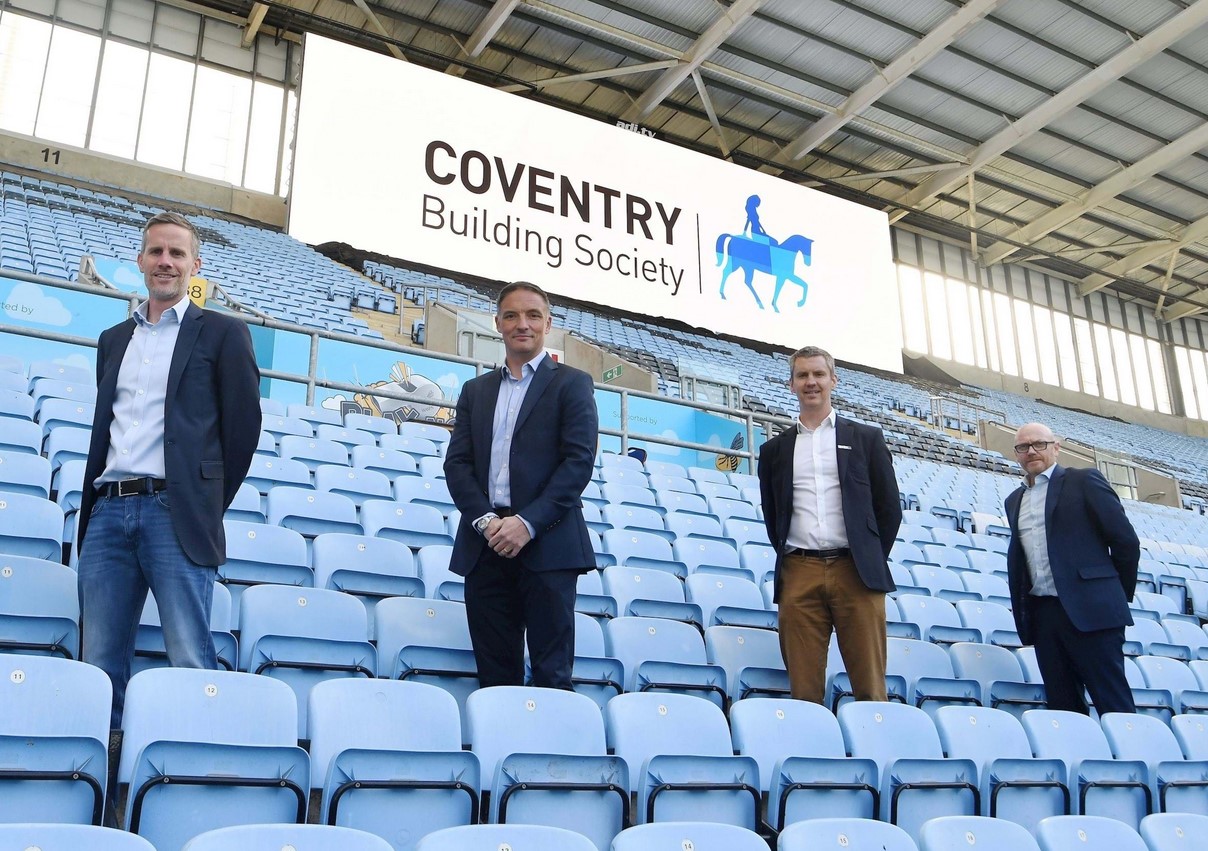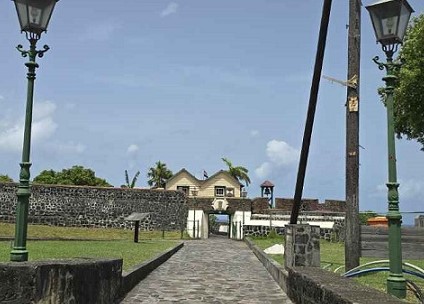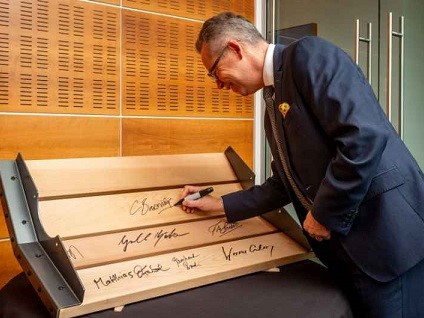Athletes with 112 Olympic or World Medals in action as Müller Grand Prix Gateshead start lists go live
Start lists are live for the first Wanda Diamond League event of 2021 – the Müller Grand Prix Gateshead – with eight reigning world champions and two current Olympic gold medallists set to compete this Sunday, May 23, in the North East of England.
Athletes in the line-ups have a combined number of 112 global outdoor world and Olympic medals between them. In addition, they own a whopping 156 European, Commonwealth, world indoor and European indoor medals. The women’s 100 metres is a preview to the Olympic final we will see later this summer in Tokyo as Olympic gold medallist Elaine Thompson-Herah of Jamaica faces reigning and four-time world champion Shelly-Ann Fraser-Pryce of Jamaica, world 200m gold medallist Dina Asher-Smith and current world leader Sha’Carri Richardson of the United States.
Thompson-Herah is also the reigning Olympic 200m champion, while Fraser-Pryce won the Olympic 100m title in 2008 and 2012. In total, the sprinters in this event alone in Gateshead have earned a staggering 41 global championship medals during their careers. The pole vault sees the 1-2-3 from the last World Championships in Doha enjoying a rematch. Sam Kendricks of the United States won gold on that occasion – and also took the world title in London 2017 – ahead of Mondo Duplantis of Sweden and Piotr Lisek of Poland, although Duplantis has since captured the world record.
Other global gold medallists in action at Gateshead include high jumper Mariya Lasitskene, triple jumper Caterine Ibargüen and javelin thrower Anderson Peters. Russia’s Lasitskene, who is competing on the circuit as an Authorised Neutral Athlete, is the reigning and three-time world champion.
In Gateshead she will take on, among others, the silver medallist at the 2019 World Championships, Yaroslava Mahuchikh of Ukraine. Colombian Ibargüen is reigning Olympic champion in her event and two-time world gold medallist as she uses the Gateshead meeting as a stepping stone toward her title defence in Tokyo.
World champion Peters of Grenada takes on, among others, Keshorn Walcott, the 2012 Olympic champion from Trinidad & Tobago. Tajay Gayle of Jamaica, meanwhile, the reigning world gold medallist in the men’s long jump, leads the entries in his event.
Andre de Grasse of Canada won three Olympic medals at the Rio Games and he takes on Britain’s Adam Gemili and in-form American Kenny Bednarek at 200m in Gateshead. De Grasse won 200m silver in Brazil behind Usain Bolt plus bronze in the 100m and 4x100m. Nine gold medallists from the recent European Indoor Championships in Toruń are in the line-ups too; include Jakob Ingebrigtsen of Norway, who won the 1500m and 3000m titles in style in the Polish city in March.
Laura Muir, a multiple European champion indoors and out in recent years, is part of a 1500m field that includes former world champion Jenny Simpson of the United States and recent European indoor champion Elise Vanderelst of Belgium. A series of para-athletics sprints races to open the programme will feature four reigning Paralympic champions – Sophie Hahn, Libby Clegg, Kadeena Cox and Richard Whitehead. Leading the way, Hahn has a grand slam of major titles under her belt – Paralympic, world, European and Commonwealth – despite still only being 24-years-old.



